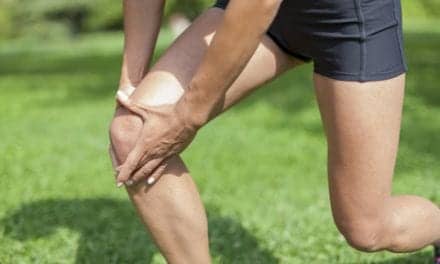Exercise programs that lend strength, flexibility and balance might be one of the best ways to prevent falls among people age 65 and older, according to a Cochrane review of more than 100 studies.
A variety of other measures—from pacemakers to vitamin D supplements—might be useful in preventing certain individuals from falling, but exercise appears to be the most widely effective strategy for reducing the risk of falling and the overall number of falls among older people.
The review appears in the latest issue of The Cochrane Library, a publication of The Cochrane Collaboration, UK, an international organization that evaluates medical research. Systematic reviews like this one draw evidence-based conclusions about medical practice after considering both the content and quality of existing medical trials on a topic.
Each year, about 30% of people over age 65 who live outside of assisted care facilities experience a fall. Poor balance, diminished eyesight, the side effects of medications and dementia are among the reasons older people sometimes fall. One in five of these falls could require medical attention, but even without causing serious injury, falling can make individuals fearful of leaving their homes or participating in activities, the Cochrane researchers noted.
The researchers examined 111 studies of falling-prevention measures, which included more than 55,000 people from 15 countries. The studies suggest that group exercise programs, Tai Chi, and home exercise programs all reduce the risk of falls and the rate of falling.
Anti-slip devices worn on shoes during icy conditions and reviewing medications regularly are also effective in reducing falls. In some cases, gradually reducing the dosage of sleep aids and depression medicines can reduce the number of falls experienced by an individual, the researchers found.
Gillespie LD, et al. Interventions for preventing falls in older people living in the community. Cochrane Database of Systematic Reviews 2009, Issue 2.
[Source: Newswise]




